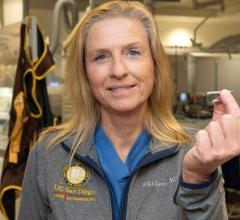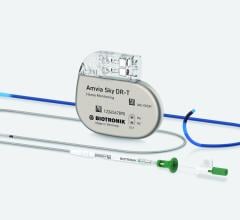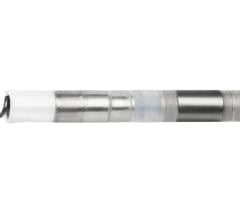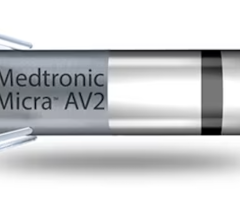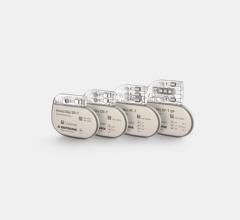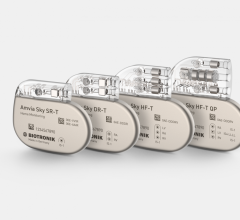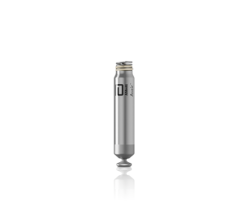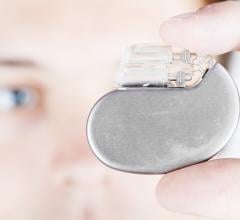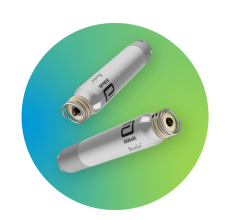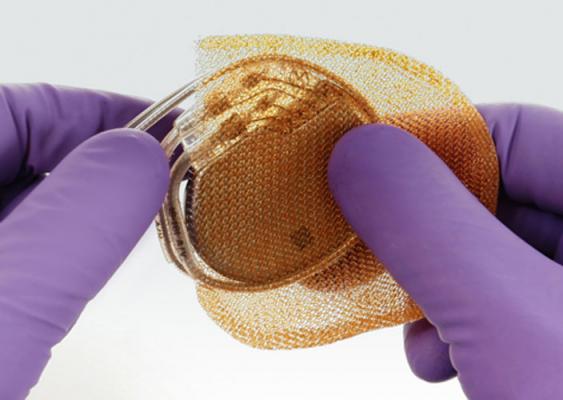
August 3, 2012 — In a bid to help control healthcare costs, on Oct 1, 2012, the Centers for Medicare and Medicaid Services (CMS) will stop paying hospitals for treating potentially avoidable surgical site infections following cardiac implantable electronic device (CIED) procedures. These include pacemaker and defibrillator implants.
CMS just released its Hospital Inpatient Prospective Payment System (IPPS) Final Rule for Fiscal Year 2013, which adds Surgical Site Infection following CIED implantation as a condition subject to the Hospital Acquired Condition payment provision. CMS considers these infections to be reasonably preventable and has classified them as complicating conditions that would otherwise result in higher payment to the hospital. Under the new policy, CMS will pay for the original surgery, but will not reimburse hospitals at a higher rate for treating the infection.
Surgical site infections are expensive to treat and have a significant financial impact on hospitals. Patients with surgical site infections following CIED procedures spend an average of two extra weeks in the hospital, undergo repeat surgical procedures to treat the infection, and cost the facility an average of $72,485. Additionally, patients acquiring a CIED infection experience significant increases in morbidity and mortality, with one-year mortality rates from 26.5 to 35.1 percent, depending on device type.
“With CMS changing the rules for reimbursing hospitals for the treatment costs associated with these surgical site infections, the industry is fast recognizing the need to use advanced technologies to reduce the risk of these infections,” said Tyrx CEO Robert White. “At Tyrx, we are working diligently to do our part as well, by continuing to research, develop and commercialize technologies such as our AIGISRx Antibacterial Envelope, which is focused on helping reduce CIED infections and improve patient outcomes.”
Tyrx makes implantable combination drug-device products, including the AIGISRx Antibacterial Envelope designed to aid in the stabilization of CIED placement as well as to help reduce surgical-site infections. The product contains the antimicrobial agents rifampin and minocycline, which have been shown to reduce infection by organisms representing the majority of the infections reported in CIED-related endocarditis.
For more information: www.tyrx.com


 May 02, 2025
May 02, 2025 
